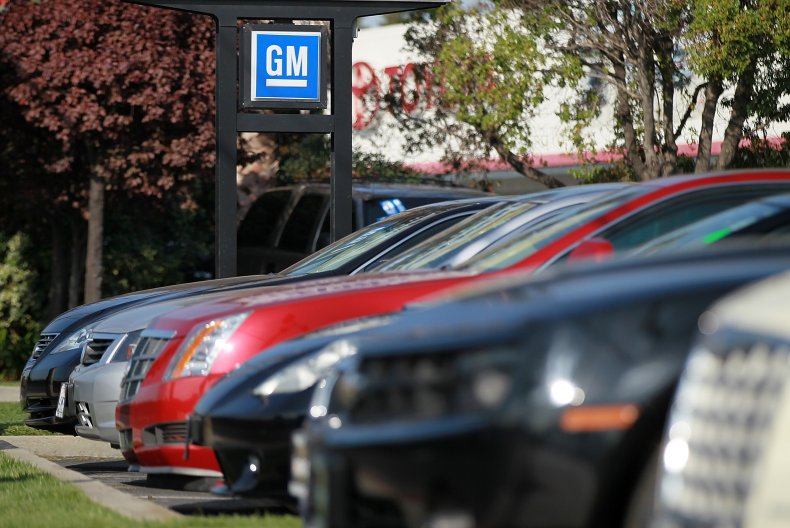GM Factories Forgoing Two-Week Summer Shutdown to Build More Cars
General Motors Co. said in a statement that it will be shifting its focus to high-demand vehicles such as pickup trucks and SUVs, and U.S. assembly plants for those products will not be taking the traditional two-week shutdown in an effort to meet demand.
GM and other car manufacturers have struggled with a global computer chip shortage as a result of factories and chip orders being canceled early last year when COVID-19 was spreading. The factories came back after only eight weeks, but chip production had changed to focus on the increased demand from the electronics industry.
The company says it has managed the shortage better than expected, and will begin installing computers in midsize trucks that were originally built without them when the chips were not available.
Production line efficiencies have also increased expected profits for GM's heavy-duty truck plant in Flint, Michigan. The company said the plant will produce 1,000 more cars per month as a result. It hopes to make up for the increase in demand following the coronavirus pandemic.
For more reporting from the Associated Press, see below.

GM said in a statement Thursday it has made engineering changes, prioritized semiconductor use and pulled some potential deliveries into the second quarter. So now the first-half earnings will be significantly better than forecasts it issued earlier in the year.
GM had predicted a first-half pretax profit of around $5.5 billion when it released first-quarter earnings in May. The company also said it's optimistic about the full year, but gave no further details.
Shares of GM rose 3.7% to $61.84 in trading early Thursday, close to the stock's 52-week high.
In the first quarter the company turned a $2.98 billion net profit as strong U.S. consumer demand and higher prices offset production cuts brought on by the chip shortage.
GM previously forecast a full-year pretax profit of $10 billion to $11 billion and said earnings would be at the high end of the range. Full-year net income is expected to be between $6.8 billion and $7.6 billion.
A March 19 fire at a Japanese factory that makes automotive chips made the problem worse. The shortage has forced production cuts, crimping the supply of new vehicles just as demand recovers from the coronavirus pandemic, causing shortages and raising new vehicle prices. Used vehicle prices have hit record levels.
Renesas, the company hit by the fire, said production is now back to 88% of what it was before the blaze. With new equipment being installed, the company expects to resume full production by mid June.
Ford has said the shortage would halve its production from normal levels in the second quarter. Nearly all automakers have been affected including Nissan, Honda, Stellantis, Tesla and Volkswagen.


